Believe it or not, I just read an enormous biography of Sir Arthur Conan Doyle, and I really didn't have to! I was just looking it over -- checking out the introduction, the table of contents, and the index, just like Dr. Toffee said to do -- and I thought I would read a few pages, and then suddenly it was an hour later and I'd gone through a few chapters. I was hooked.
The book is The Man Who Created Sherlock Holmes: The Life and Times of Sir Arthur Conan Doyle, by Andrew Lycett, who has also written biographies of Rudyard Kipling, Ian Fleming, and Dylan Thomas. Dr. Toffee pointed out to me that Lycett is an historian, which she seems to think is unfortunate, although she liked the book, too (turns out she's into 19th century Brit-Lit). The problem, as she explained it to me, is that when a non-lit person writes a biography of an author, there is less about the individual works of the author, and I'd have to say that's true about this book. He mentions most of them, but he doesn't do any literary criticism, beyond a kind of review. I mean, he says whether a story or novel is good work or not, but he doesn't do any real analysis. On the other hand, I learned a lot about life in Conan Doyle's era, especially about "spiritualism," which was an obsession with him from early adulthood (this fascinated my dad, who has borrowed the book to read himself. He thought that the spiritualism was something Conan Doyle got into in his old age).
I discovered something that disappointed me, though. You remember that I'm a big movie buff? Well, when I was a kid, my dad rented a movie and made me watch it with him. It was Fairy Tale: A True Story, about the incident of the Cottingley fairies (two girls who lived in the country took photographs of "fairies," or so it seemed); in the movie, ACD (played by Peter O'Toole. A great actor -- he should have played Dumbledore) and Harry Houdini (played by Harvey Keitel!) meet them and try to get at the truth, which in the film is that there really are fairies. Thanks to Lycett, I now know the "true story," which is that neither man met the girls (one of whom was 16-- in the movie, they're both around age 10 or so), and they faked the pictures with cutouts from a book. When you see the pictures, you can't believe anybody bought them as being real.

![Reblog this post [with Zemanta]](http://img.zemanta.com/reblog_e.png?x-id=238a4c51-b991-4920-8b9a-4cfb094dc211)
 Image via Wikipedia
Image via Wikipedia![Reblog this post [with Zemanta]](http://img.zemanta.com/reblog_e.png?x-id=beb42607-3d36-4223-8ab9-fa2e89d4ac80)

![Reblog this post [with Zemanta]](http://img.zemanta.com/reblog_e.png?x-id=bd61914a-f278-4f96-985f-4b02278525c1)
![Reblog this post [with Zemanta]](http://img.zemanta.com/reblog_e.png?x-id=a60fdb87-73f4-40bb-bd53-a6efb53a7007)
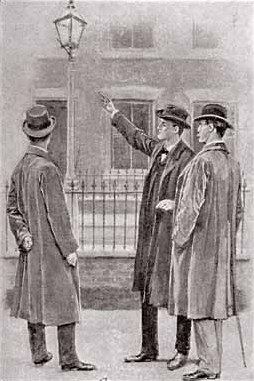
![Reblog this post [with Zemanta]](http://img.zemanta.com/reblog_e.png?x-id=f4ccbab3-91d1-43e7-861c-a57e44772f2e)

![Reblog this post [with Zemanta]](http://img.zemanta.com/reblog_e.png?x-id=d8cd9a45-ff6d-46ca-9061-cb5cd2b069d2)

![Reblog this post [with Zemanta]](http://img.zemanta.com/reblog_e.png?x-id=5488ab87-d176-468d-a29e-e6877db34ebf)
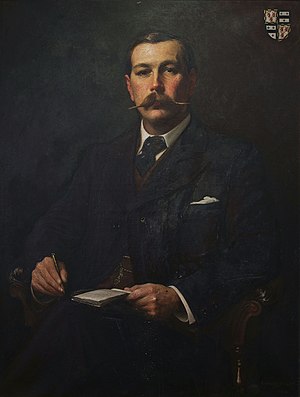

![Reblog this post [with Zemanta]](http://img.zemanta.com/reblog_e.png?x-id=238a4c51-b991-4920-8b9a-4cfb094dc211)
![Reblog this post [with Zemanta]](http://img.zemanta.com/reblog_e.png?x-id=93ed0f23-ba85-43c6-9c92-0beeef381051)
![Reblog this post [with Zemanta]](http://img.zemanta.com/reblog_e.png?x-id=c6e624a5-7013-49ee-8c5d-72af626167fa)
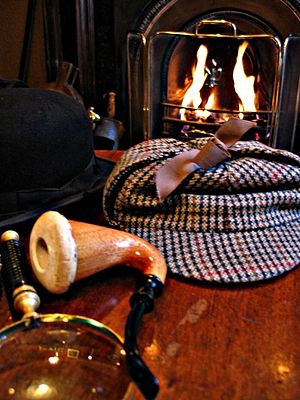
![Reblog this post [with Zemanta]](http://img.zemanta.com/reblog_e.png?x-id=22413e1c-dea3-4328-8816-fd32f27ec3f2)
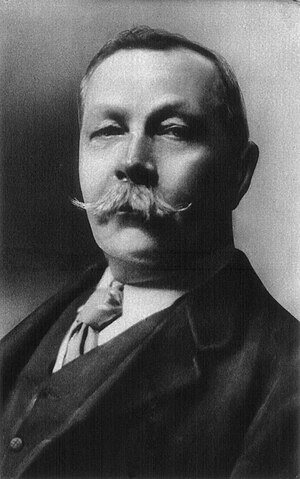
![Reblog this post [with Zemanta]](http://img.zemanta.com/reblog_e.png?x-id=e18e7cd7-5454-4798-b96c-c8a3b0f551ae)

![Reblog this post [with Zemanta]](http://img.zemanta.com/reblog_e.png?x-id=966170ad-f00b-411a-901f-777cd2d6fd9a)
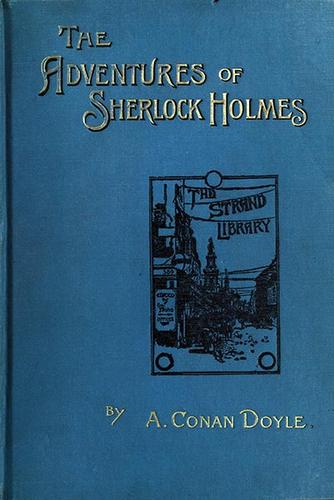
![Reblog this post [with Zemanta]](http://img.zemanta.com/reblog_e.png?x-id=66d88a3b-1370-42a5-9e15-42ef627c39bb)
![Reblog this post [with Zemanta]](http://img.zemanta.com/reblog_e.png?x-id=c5777af5-d442-46e8-85eb-63de197508bc)